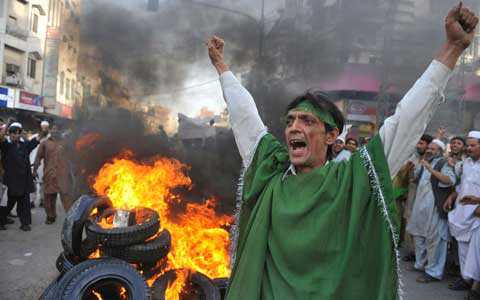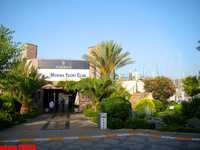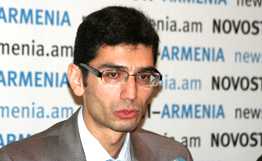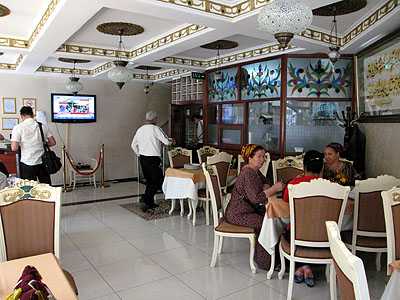In Pakistan one feels under siege both by foes within and outside. Pakistanis even feel to have been betrayed and abandoned by their erstwhile strategic allies and partners. In stark contrast to this torturous intransigence and nerve wrecking claustrophobia, the members of Pakistani students contingent on our tour to Turkey found themselves in a fraternity where intensity and warmth of fellow feelings continues to increase with each passing day. Their four days tour turned out to be no less than an unforgettable reunion between parted siblings. The brotherly bonds are so well entrenched amongst the Turkish as well as Pakistani people that both of them continue to pursue deeply cherished aspirations to contribute to each other’s well being as was done by the muslims of subcontinent during Khilafat Movement. These gestures were also evidenced in terms of reciprocity extended by Turk brethren during relief efforts in the wake of Pakistan’s worst ever floods and its most devastating earthquake in the recent past.
Turkey is the most rewarding place for Pakistani students to visit. It affords exposure to cutting edge technological competitions perfectly aligned with international benchmarks. Turkey is a cradle of top ranking educational institutions such as Uladagh University, Marmara University with their enrolments running above 50,000 and campuses sprawling over multiple districts. These universities unlike most foreign universities of the world charge less from foreign students. Moreover, in the wake of further progress due to MoUs signed between Fatih University and Government of the Punjab, students from Pakistan can expect to be enrolled in the said university free of cost. The university labs here have the latest instruments such as XRD, scanning electron microscopes etc. The class rooms are equipped with e-books and online connectivity with latest research available all over the world.
There are many lessons to be learnt from Turkish achievements i.e. a. Preservation of a profoundly rich culture and heritage. b. Promotion of tourism as an industry for attracting international investment. c. Striking a balance between pluralistic mindset and revival of rightwing upsurge. d. Primacy of national language in every field of life. e. Adherence to constitutionalism and transparent electioneering.
Istanbul is resting place of the tomb of Hazart Abu Ayub Nasari (R.A) one of the most endeared companions of the Holy Prophet (PBUH). The Holy mantle enshrine relics such as sword of the Holy Prophet (PBUH) and that of Hazrat Ali (R.A.) These precious moments to behold sacred relics are simply full of mystical inspiration and should suffice as the only reason to prompt millions of Pakistanis to pay a visit to Istanbul in addition to pursuing their higher studies, career mobility or business ventures as the case my be.
—Via email
via Lesson from Turkey.






